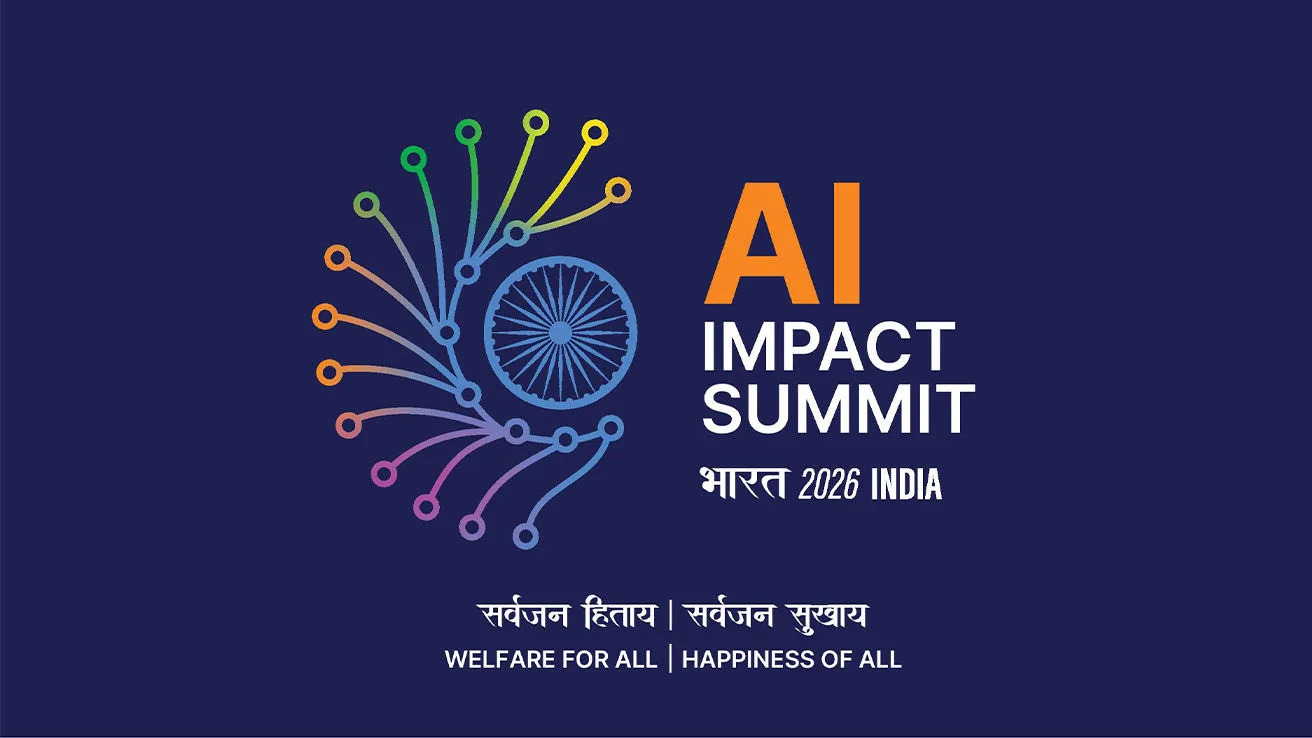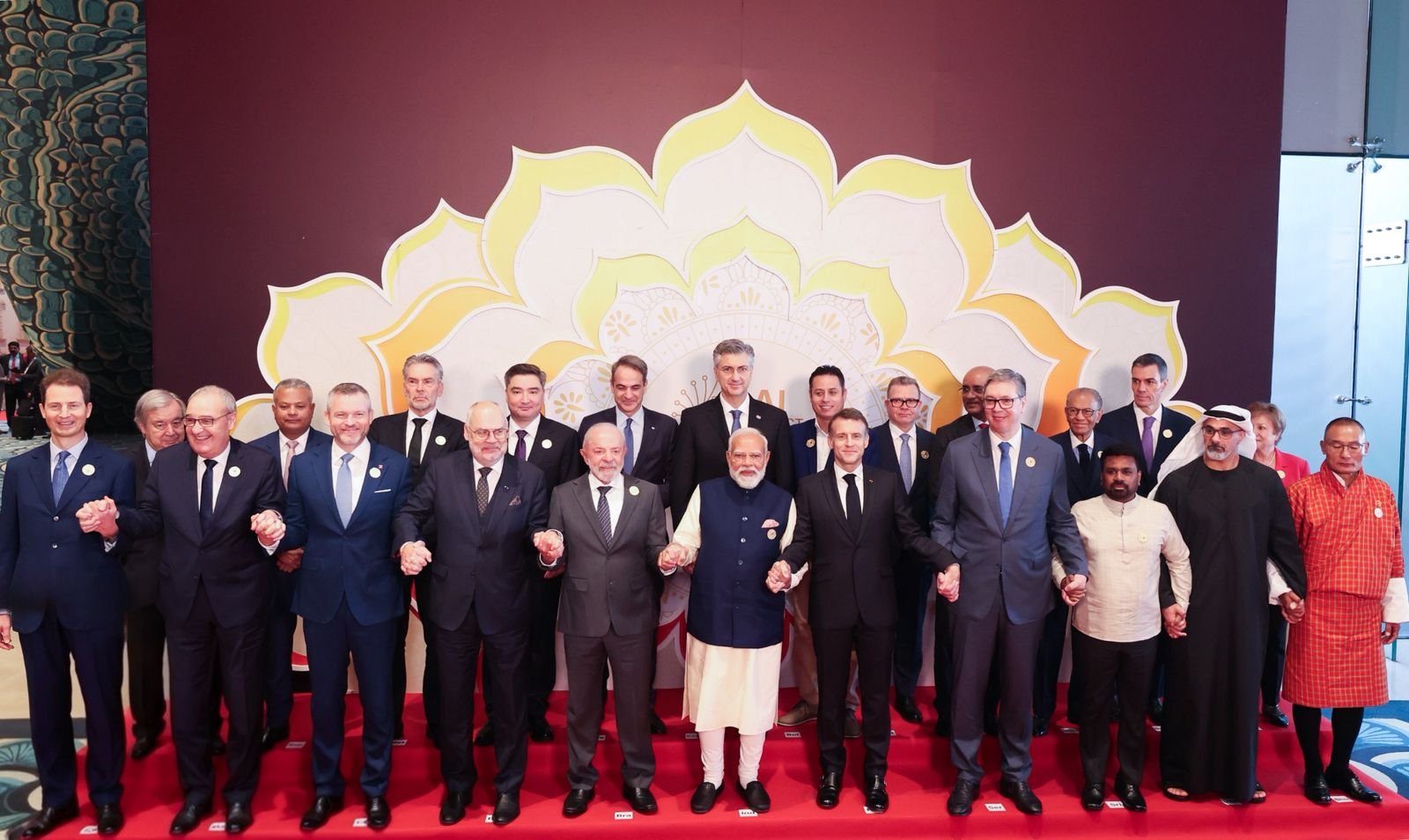The South Korean author Han Kang is conferred with a Nobel Prize in Literature 2024 “for her intense poetic prose that confronts historical traumas and exposes the fragility of human life”. With this, Han Kang becomes the first South Korean writer and the first female Asian writer to be awarded a Nobel Prize in Literature by the Swedish Academy; Stockholm, Sweden. She was born in the South Korean city of Gwangju on November 27, 1970 in a littérateur family.
The committee has observed that Han Kang has a unique awareness of the connections between body and soul, the living and the dead, and has become an innovator in the contemporary prose with her poetic and experimental style. Her work is characterized by a “double exposure of pain, a correspondence between mental and physical torment with close connections to Eastern thinking”.
With the publication of a collection of poems in the magazine Literature and Society, Han Kang began her literary career in 1993 and her debut came in 1995 with the short story collection “Love of Yeosu”. She is best known for her novel ‘The Vegetarian’ (2007), for which she received the Man Booker International Prize for fiction in 2016. First of her novels to be translated into English, it is regarded as her major international breakthrough. The narrative throughout the novel explores themes of individualism, social conformity, and the power of the human psyche to transcend physical constraints.
Her novel ‘Human Acts’ (2014) won Korea’s Manhae Prize for Literature and the 2017 Malaparte Prize in Italy. It draws upon the stories of victims and survivors of the 1980 Gwangju uprising in South Korea. She portrays the grief of the individual people not somberly but concisely, creating a nuanced dimensional look of the uprising. The novel proceeds in a series of short stories from the eyes of different characters and asks fundamental questions like ‘what does it mean to be human’ with regard to the still-prevailing mental wounds. The question leads us to the understanding that survivors must remember what happened in order to make the painful historical event incapable of repeating itself.
Kang’s another novel ‘The White Book’ (2016) is her most experimental work narrated in a series of vignettes. Set against the backdrop of white-based imagery, the work captures the musings on life and death. White here is symbolic of rebirth and healing but also dearth in the heart of the narrator. Blanketing the landscape is the snowstorm which obscures everything it touches. Search for hope and healing is symbolic of white birds and bandages. The feeling of disconnection and alienation with the world is experienced by the narrator which is also witnessed by the huge white spaces in the writing. The exquisite language of the novel helps us navigate our way through the grief concealing the real pain. It is exhibited from the onset “If I sift those words through myself, sentences will shiver out, like the strange, sad shriek the bow draws from a metal string. Could I let myself hide between these sentences, veiled with white gauze?”
Kang’s succinct writing style evokes powerful emotions by reflecting on the silent moments between the bombardments. Rather than highlighting the riots, Kang paints with words the preciousness of the essence of human lives to underline how one particular life is shattered. Her novels address the experiences of women with regard to emotional intricacies of life post trauma, violence, and patriarchal oppression. Mr. Anders Olsson, the chairman of the Nobel Committee at the Swedish Academy stated “Han Kang’s visible empathy for the vulnerable, often female lives is palpable, and reinforced by her metaphorically charged prose.”







